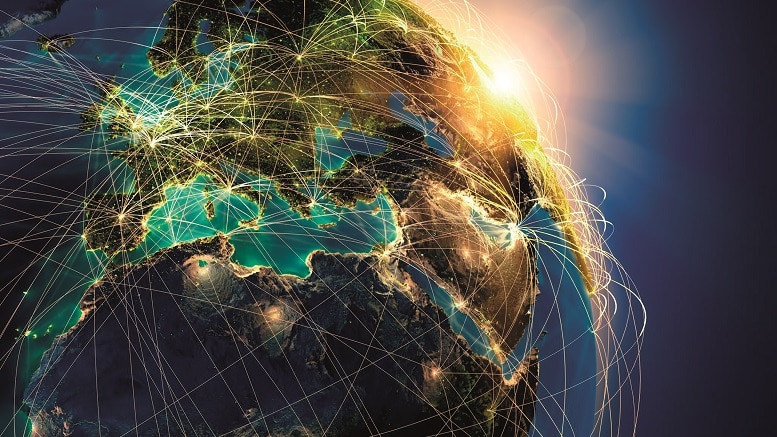By Lesley Batchelor OBE, Director General of the Institute of Export & International Trade
There has been much stated about the pros and cons of globalisation. Critics include groups such as environmentalists, anti-poverty campaigners and, surprisingly, trade unionists.
They claim that globalisation helps the richest countries to continue to dominate world trade at the expense of developing countries. The role of Least Economically Developed Countries (LEDCs) in the world market is mostly to provide the North and West with cheap labour and raw materials.
Proponents of globalisation point to the number of people globally who have benefited from it. According to the World Bank, between 1981 and 2010, we witnessed the single greatest decrease in material human deprivation in history.
However, there are no guarantees that the wealth from inward investment will be used to benefit a local community. Profits are invariably sent back to the More Economically Developed Countries where the Transnational Corporations (TNCs) are based.
So what is globalisation really about and why has it happened?
Globalisation has been happening for centuries. However it has sped up over the last 50 years, mainly due to the rate of innovation in communication and transportation technologies. Movement of goods, people and services has never been easier, which in turn is bringing more questions about the need to trade and how to govern its growth. Freedom to trade is the cornerstone on which organisations like the World Trade
Organisation are founded, promoting free trade between 164 countries who are all committed to removing barriers between them.
The biggest companies are no longer national but multi-national corporations with subsidiaries in many countries (TNCs). Although globalisation is creating more wealth in developing countries, it is not closing the gap between the world’s poorest and richest countries, with the majority of TNCs based in the US and UK.
Factors attracting TNCs to countries include cheap raw materials and labour supply, good transport links, infrastructure and access to markets where goods are sold. These can be seen in many emerging markets.
Is globalisation really so bad?
Can we afford to start worrying about the impacts of globalisation at this stage?
Are we not just part of a moving system of civilisation that sees cultures, empires and regimes ebb and fall?
The fact is, along with boosting our country’s economic resilience and addressing global challenges such as climate change, promoting economic integration is one of our three strategic priorities.
Surely, economic integration can promote efficient markets and reform? We have seen that globalisation increases competition in product markets, it widens the range of financing sources available for investment, it allows countries to opt into institutional arrangements of a higher standard and it imposes strict discipline on governance, legal, regulatory and other institutions.
Openness to international markets, globalisation if you will, also spurs investment and innovation within businesses and economies as a whole.
Economic integration, and through it globalisation, empowers entrepreneurs and consumers alike.
So let’s support integration through cross-border financial flows and investment, trade finance, infrastructure, improved skills and standards in SMEs, policy dialogue and partnerships with institutional investors. This may not be the best time to change the plan.


Be the first to comment on "Putting globalisation under the spotlight"